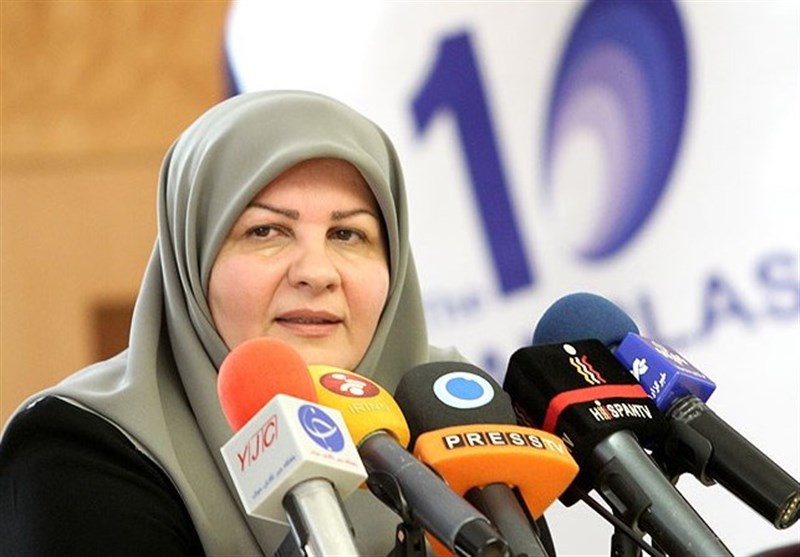NPC Sees Saudi Petrochem Expansion as a Growing Challenge

EghtesadOnline: The rapid expansions of regional rival Saudi Arabia in the petrochemical sector is a real challenge that is emerging as a "hazard" to Iran's market share, says Marzieh Shahdaei, head of the National Petrochemical Company.
It is high time for stakeholders in the key sector "to mobilize and get their act together in the realm of policymaking and deciding pricing structures," she said.
"Saudi Arabia is our main competitor in the Middle East and North Africa petrochemical market. We need all our petrochemical producers to follow integrated policies to regulate supplies and decide pricing structures to counter the Saudis," Shahdaei was quoted as saying by IRNA on Sunday.
The state-owned NPC is the top regulatory body of the petrochemical industry, according to Financial Tribune.
Noting that the Saudis "with all their means and resources" are posing a serious challenge to Iran's petrochemical industry, she called on the domestic companies "to close ranks and turn this threat into an opportunity." The Arab kingdom is the world's top crude oil exporter and the biggest petrochemical producer in the region.
Iran's annual petrochemical production capacity is estimated at 62 million tons. The country is keen to reach current Saudi petrochemical output capacity of 100 million tons in three years and push the capacity further up to 110-120 million tons by 2022. NPC is aiming for 72 million tons in annual capacity by March 2018, the end of the present fiscal year.
"Despite Saudi Arabia's lead, Iran has a better position for petrochemical growth, thanks to its massive natural gas deposits," Shahdaei said.
She pointed to the oil kingdom's efforts to expand its foothold in Asian markets. "Over the last few years, they (the Saudis) made concerted efforts to dominate major petrochemical markets, such as India and the Southeast Asia, and eliminate other suppliers."
Iranian officials say the Saudis have lobbied for easing and expanding their petrochemical export to India in a bid to pressure Iran in the petrochemical market of the world's fastest-growing economy.
According to a published report, in India, anti-dumping rules against Iranian petrochemicals are still in place, but the same restrictions have been removed for Saudi exports.
--- Easing Customs Procedures
As part of efforts to accelerate the sale and export of petrochemicals, paper-based processing of all outbound petrochemical cargo will be eliminated next month, according to Ali Akbar Shamani, the chief of exports at the Islamic Republic of Iran Customs Administration.
"Paper-based registration and identification of petroleum shipments will be ended as of June 10 thanks to the implementation of an electronic system that will ease customs procedures," Shamani was cited as saying by IRNA on Sunday.
Iran exported over 20 million tons of petrochemical and polymer products in fiscal 2016-17, setting a new record in outbound shipments.
According to data by Iran's Association of Petrochemical Industry Corporation, petrochemical output reached 50.61 million tons in the previous fiscal, of which 20.3 million tons, worth $9.55 billion, were exported.


